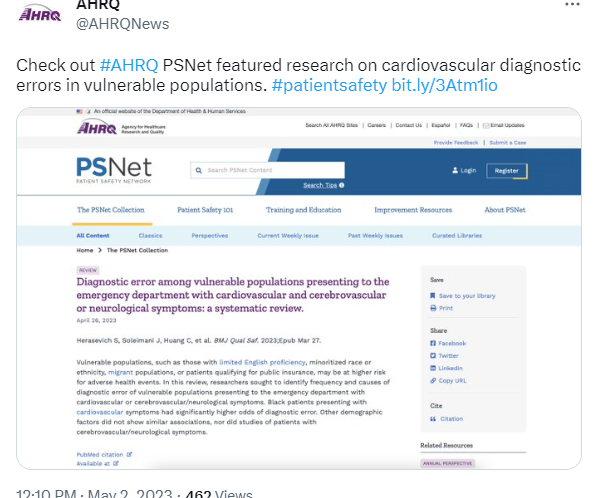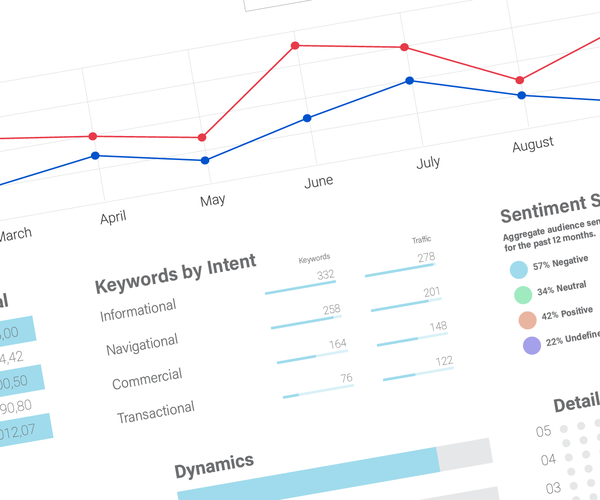The use of Artificial Intelligence (AI) in healthcare marketing has expanded rapidly in recent years. While AI can streamline marketing plans and provide unparalleled insights, the importance of human intelligence and co-piloting in this process should not be overlooked.
In dealing with highly technical medical information and diverse audiences, maximum human control and intelligence are essential to driving marketing content that is both accurate and accessible. Furthermore, human analysis plays a crucial role in reviewing metrics derived from AI-based marketing efforts to make strategic adjustments in approach and content.

The Need for Human Co-Piloting in Healthcare Marketing
In healthcare marketing, the stakes are higher than in other industries. Marketers need to accurately convey complex medical information to audiences with varying degrees of health literacy. Miscommunication or oversimplification can lead to serious consequences, including misinformation or misdiagnosis.
AI tools can help marketers navigate these challenges by analyzing vast amounts of data, identifying trends, and automating processes. However, these data analytics tools are only as effective as the humans who manage them. Human intelligence is necessary for:
- Ensuring accuracy: AI algorithms are not infallible, and they may generate content that is inaccurate or misleading. Human co-pilots can review and correct this content to ensure that it meets the highest standards of medical accuracy.
- Making content accessible: Human experts can help bridge the gap between technical medical language and the language that a layperson can understand. By working alongside AI, they can ensure that pieces of content are both accurate and accessible to a diverse audience.
- Identifying cultural nuances: Understanding cultural differences is essential for creating inclusive healthcare marketing content. AI tools may struggle to pick up on these nuances, but human co-pilots can provide the necessary context to create tailored and inclusive messages.
- Adapting to change: The healthcare landscape is constantly evolving, with new treatments, technologies, and regulations emerging regularly. Human co-pilots can ensure that AI-driven content marketing strategies stay up to date and adapt to these changes.

Human Analysis and Metrics Review: Pivot Points and Adjustments
AI-based marketing efforts generate a wealth of data, including user engagement metrics, conversion rates, and customer feedback. Analyzing these data sets can help healthcare marketers identify opportunities for improvement and make strategic adjustments. However, human analysis is crucial in interpreting these metrics and determining the most effective course of action.
For example, if a marketing campaign has a low conversion rate, AI tools may suggest adjustments to improve performance. However, human intelligence is necessary to determine the root cause of the problem and make more informed decisions about how to address it.
Is the messaging unclear? Are the visuals unappealing? Does the content resonate with the target audience? Answering these questions requires a nuanced understanding of human behavior that AI tools may not possess.

Moreover, human analysis is essential for identifying pivot points—moments when a marketing strategy needs to change direction. AI can provide valuable data on what is and isn't working, but it is up to human co-pilots to interpret this information and make strategic decisions about how to adjust course.
AI has revolutionized healthcare marketing, offering powerful tools for analyzing data and automating processes. However, human intelligence and co-piloting remain essential for ensuring the accuracy, accessibility, and effectiveness of marketing content.
Human co-pilots bring invaluable skills to the table, including the ability to ensure accuracy, make content accessible, identify cultural nuances, and adapt to change. Additionally, human analysis is critical for reviewing metrics derived from AI-based marketing efforts, identifying pivot points, and making strategic adjustments to approach and content.
In the ever-evolving world of healthcare marketing, AI tools and human intelligence must work together as co-pilots to achieve marketing goals.
Reach Out
Ready to start your next project? Have a question about one of our services? Get in touch with one of our producers and we will be happy to assist you. We're excited to hear from you!

